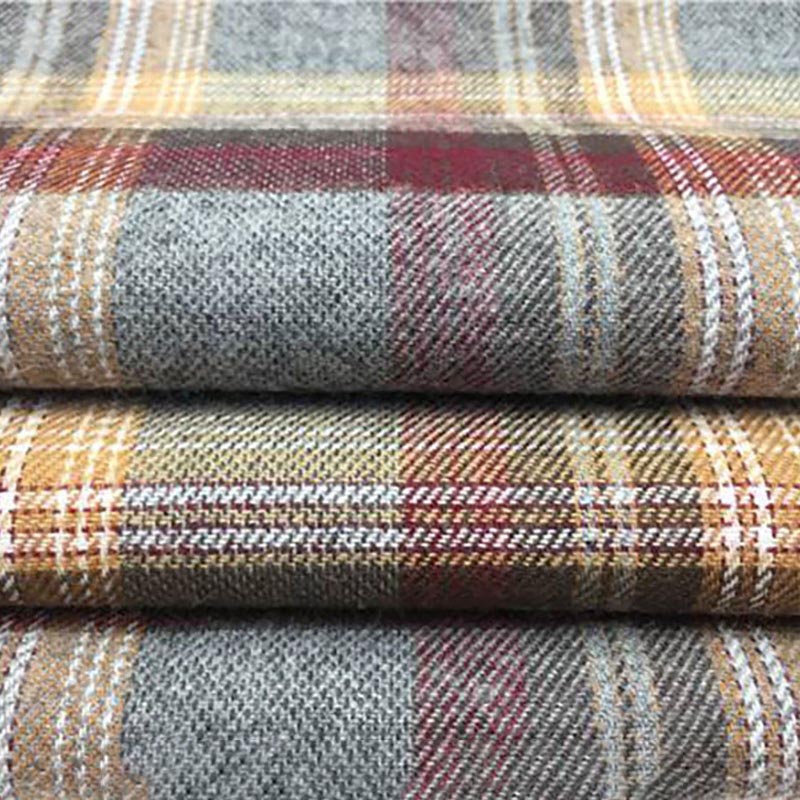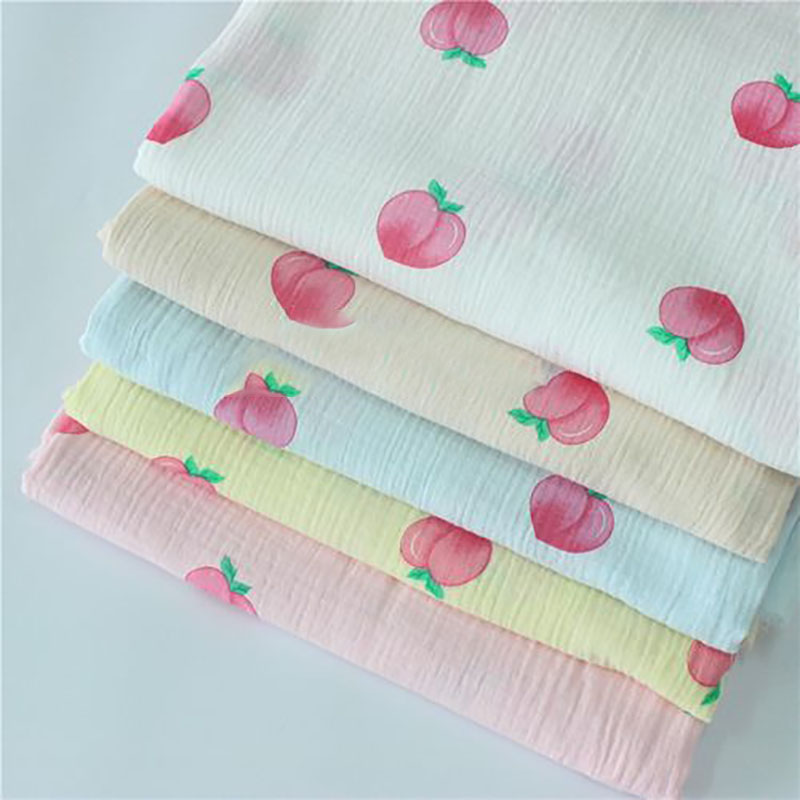.jpg?x-oss-process=image/resize,h_400,m_lfit/format,webp)
In today's rapidly changing market, consumers are paying more and more attention to the environmental performance of products. Environmentally friendly lightweight fabrics have emerged as the times require, becoming an ideal choice for many people who pursue fashion and sustainable development. It not only has the comfort of traditional fabrics, but also meets the environmental protection expectations of modern society.
.jpg)
This fabric is not only lightweight, easy to wear and carry, but also uses eco-friendly materials such as recycled polyester or organic cotton. During the production process, environmentally friendly lightweight fabrics minimize the impact on the environment, use renewable or degradable raw materials, and ensure the sustainability of the entire production chain.
.jpg)
As the trend of green consumption continues to grow, environmentally friendly and lightweight fabrics are expected to occupy a larger share of the textile market in the future. Brands need to consider incorporating these environmentally friendly materials into product design to meet consumers' expectations for sustainable development. At the same time, the development of related technologies will also make the production of such fabrics more efficient and environmentally friendly.

Environmentally friendly and lightweight fabrics not only represent a new fashion, but also indicate the textile industry's determination to transform towards sustainable development. As a member of the industry, we should actively explore and try this environmentally friendly material and work hard to protect the future of the earth.
.jpg)

